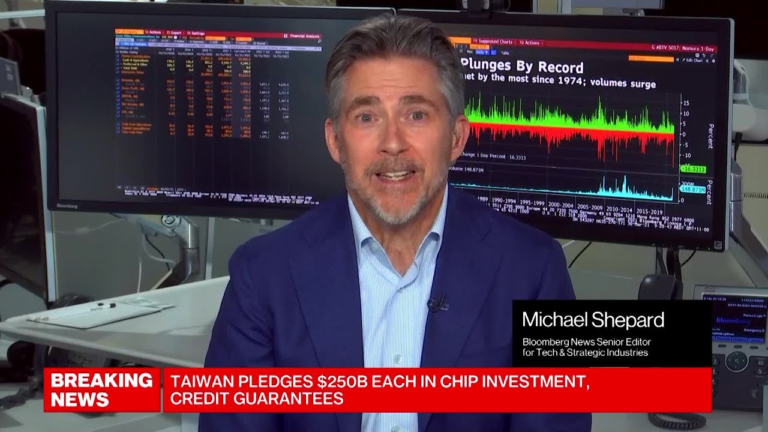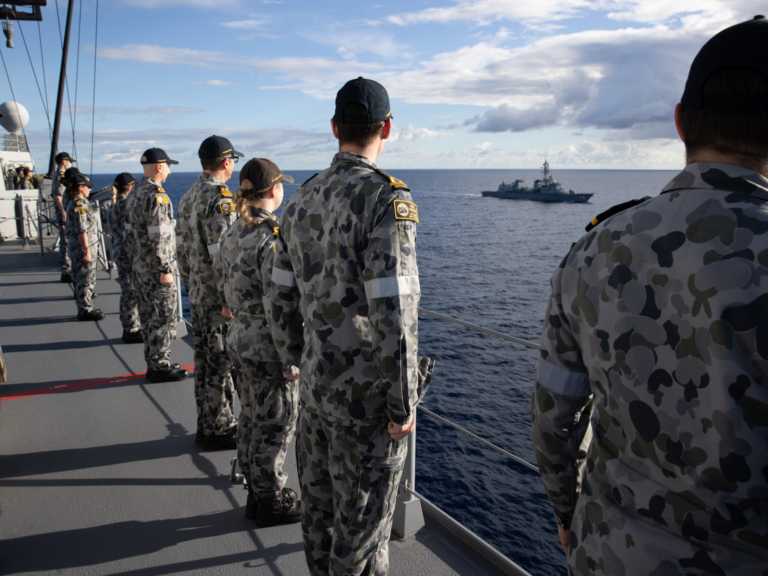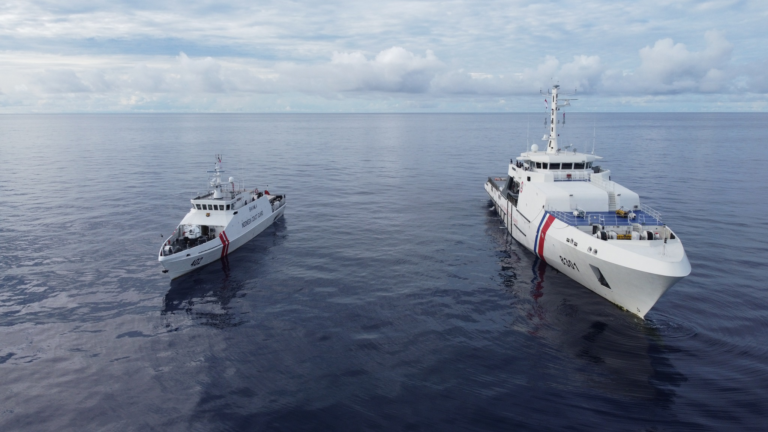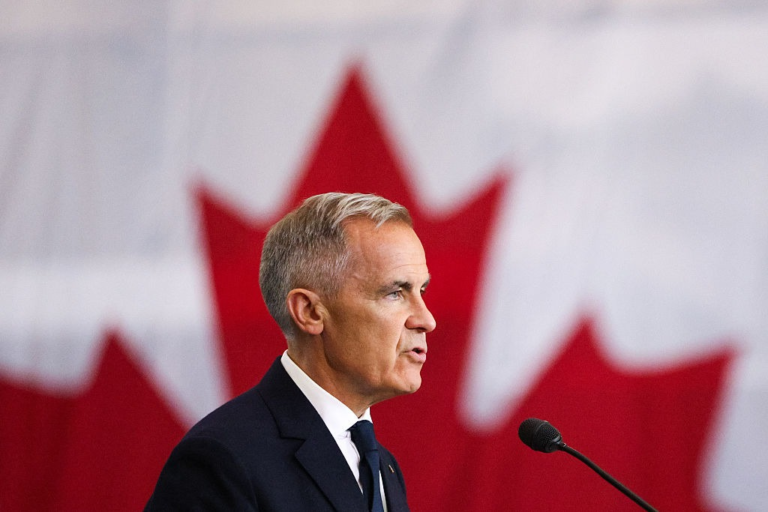
Chinese Communist Party General Secretary Xi Jinping’s control of the Shanghai Cooperation Organisation (SCO) is another means by which China is edging out Russia in Central Asia and beyond, analysts say. In particular, the SCO, created in 2001, is supplanting the influence of Russian President Vladimir Putin’s Collective Security Treaty Organization (CSTO), which remains his military club of six post-Soviet states. Armenia, Belarus, Kazakhstan, Kyrgyzstan, Russia and Tajikistan signed the Collective Security Treaty in 1992 but under Putin rebranded the pact as the CSTO in 2002 to compete with the SCO.
Although the organizations have different roles in Eurasian security, the 10-member SCO has infringed on the CSTO’s sphere in the past five years in keeping with Xi’s increasing control over Putin, as was evidenced at the SCO summit in Tianjin, China, in late August 2025.
“The Kremlin’s growing dependency on Beijing is here to stay — at least, as long as Putin’s obsession with Ukraine and his grudges against the West are a placeholder for a pragmatic grand strategy for Russia,” Alexander Gabuev, director of the Berlin-based Carnegie Russia Eurasia Center, wrote for the institution’s publication, Carnegie Politika, in September 2025.

In 2024, China accounted for 34% of Russia’s trade, with Russia accounting for just 4% of China’s trade, The Economist newspaper reported in May 2025. Although Russia remains China’s largest foreign arms supplier, China is increasingly capable of making its own weapons. Its weapons imports fell by 64% from 2020-24, the Stockholm International Peace Research Institute reported. Russia stopped selling advanced weapons to Beijing from 2006-16 after the People’s Liberation Army reverse-engineered Russian systems and then exported the copies, cutting into Moscow’s key market.
The SCO — led by China but nominally co-steered with Russia — is a diplomatic and economic forum whose members include Belarus, India, Iran and Pakistan along with a growing roster of dialogue partners. In recent years, the SCO’s relative heft and China’s use of summit diplomacy have crowded out the CSTO’s influence, analysts say, despite the SCO’s lack of decisive action.
Although the Tianjin summit attempted to project unity, the relationships are complicated. “It is important to remember that a lot of this is perhaps only skin deep,” David Lin, senior director for future technology platforms at the U.S.-based Special Competitive Studies Project (SCSP), said during a September forum analyzing the summit. Recent violent border clashes between China and India are telling, as is Russia placing China in a compromising position over the Russia-Ukraine war by putting Xi’s global interests at risk, Lin said during the SCSP-hosted forum.
While China and Russia have obvious overlapping interests, the integration is not comparable to relationships such as NATO or the Japan-U.S. alliance, according to Joe Wang, vice president of the nonpartisan SCSP, which seeks to strengthen U.S. competitiveness and security. “There’s still a level of distrust that I think we need to be mindful about,” Wang said at the forum.
Analysts note that the SCO is operationally weak — a largely bureaucratic forum with limited enforcement mechanisms — yet politically potent because China can attach economic incentives and seeming multilateral legitimacy to its initiatives. Despite Xi’s looming ambitions, however, the SCO’s inability to translate rhetoric into binding security commitments has been a persistent shortcoming of the group.
At the Tianjin summit, Xi tried to position the SCO as the preferred convener for Eurasian security dialogue, according to reports. Putin, meanwhile, offered a conciliatory message about the Sino-Russian partnership being “hard-earned,” revealing Moscow’s desire to be considered Beijing’s equal even as the balance of leverage shifts.
Such perceptions matter because for many Central Asian nations the SCO is where investment, infrastructure deals and diplomatic engagement are secured — and the CSTO does not possess those levers. In addition, Moscow’s plunging credibility has weakened its traditional security currency — Russian bases and arms and the CSTO’s mutual-defense rhetoric.
Armenia’s decision to freeze its participation in the CSTO in 2024 was a stark rebuke. On suspending the nation’s financial contributions and engagement, Prime Minister Nikol Pashinyan said “the Collective Security Treaty has not fulfilled its objectives as far as Armenia is concerned … And we could not let that happen without taking notice,” according to the Reuters news agency.
Since then, Russia’s defense ministry has called for stepped-up joint exercises and deeper cooperation with Asian partners, trying to reassert Moscow’s military role in the region.
Beijing, meanwhile, has tightly managed SCO defense activity and resisted turning the drills into an instrument that strengthens Russia’s CSTO monopoly by refusing proposals for full integration of exercises and by keeping the SCO’s security agenda broad and consensual, analysts say. Russia’s participation in early SCO exercises was perfunctory at best. Exercise scenarios claimed to address counterterrorism but usually involved an island-landing simulation. Beijing’s and Moscow’s interests in the exercises remain unaligned.
The SCO’s multilateral cover and China’s investment diplomacy — which often carries punishing loan terms — draw regional governments into Beijing’s clutches. The CSTO, by contrast, is inward and transactional — potentially effective when Moscow’s interests align with other members’ but less potent when they do not.
While the SCO remains largely toothless when it comes to delivering collective security, its political utility to China — and the attendant trade, development and economic incentives that membership offers — is hollowing out the CSTO’s influence. Russia’s traditional instruments of leverage increasingly can’t compete with China’s deeper pockets and multilateral reach.
For now, Xi seems content to have Russia as a junior partner. “China wants to keep Mr. Putin in power and his war economy afloat,” Gabuev wrote. “But it would rather not encourage Mr. Putin to engage in more militarist adventures.”





